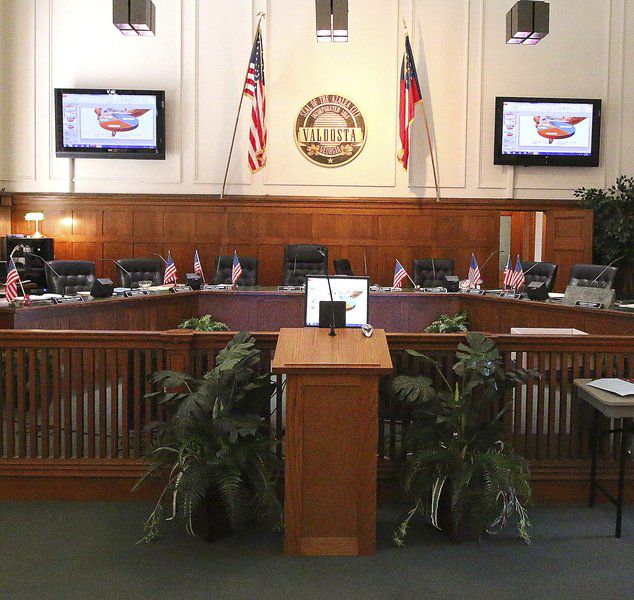Executive sessions strictly regulated
Published 3:00 pm Sunday, October 7, 2018

- Derrek Vaughn | The Valdosta Daily TimesPublic policy discussions must happen in open public meetings and not behind closed doors. An executive session is a portion of a public meeting lawfully closed to the public for very specific reasons.
VALDOSTA — Executive sessions, closed door meetings, are allowed by Georgia law but only in limited circumstances.
Public policy discussions must happen in open public meetings and not behind closed doors.
An executive session is a portion of a public meeting lawfully closed to the public for very specific reasons.
Prior to executive session, the agency must meet in a properly noticed open, public meeting, must have a public vote with majority approval to move to executive session, and the reason for executive session must be provided.
According to Georgia Code Section 50-14-2, reasons for executive session include discussing pending litigation, personnel and purchase, disposal or leasing of government property.
Each of those categories have more specific guidelines.
Georgia code states that attorney-client privilege allows for executive session to consult with legal counsel about pending or potential litigation, settlement, claims, administrative proceedings or other judicial actions brought to or by the agency. Simply having the attorney present does not allow for the closing of the meeting.
Executive session allows for discussion of “the appointment, employment, compensation, hiring, disciplinary action or dismissal, or periodic evaluation or rating of a public officer or employee or interviewing applicants for the position of the executive head of an agency,” according to Georgia Code.
This does not apply to receipt of evidence, hearing an argument regarding personnel matters or dismissing a public officer or employee or any matter involving employment or hiring practice policy, the law states.
Any votes on those matters just mentioned must be taken during an open meeting.
The real estate exemption only applies to a specific transaction and not public policy related to real estate. Final real estate decisions must be taken via a public vote in an open meeting where the identity of the property and the terms are discussed before that vote.
Georgia law states executive session official minutes must be taken down and notarized to confirm topics discussed in the private session were in line with the exceptions provided by the law. The minutes are not public but are used by the courts should a dispute arise from the propriety of an executive session.
However, agency members are not legally bound to keep information discussed during executive session confidential.
The Georgia Office of the Attorney General has warned local government agencies about how action is taken in open public meetings following an executive session.
Some boards of education, for example, have voted in the past to “approve the recommendations of the superintendent made in executive session,” without ever saying what the recommendations were. That’s not allowed.
A motion and a second in an open public meeting must be clear enough, descriptive enough, that a person in attendance can understand what a “yes” vote means and what a “no” vote means, state officials have said, regardless of whether the item had been discussed in a closed meeting.
Executive sessions are allowed by state law for the specific reasons but are not required.
Kimberly Cannon is a Reporter with The Valdosta Daily Times. Her extension is 1376.





